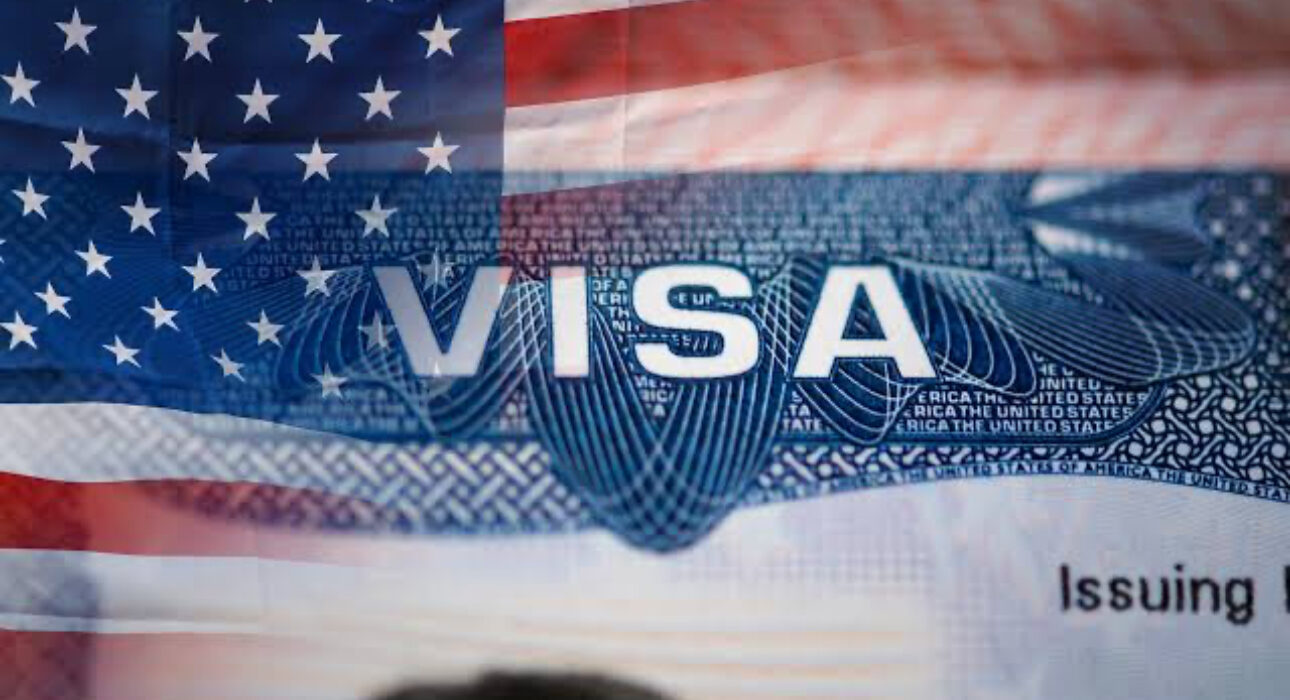U.S. Introduces New Social Media Disclosure Policy for Student and Exchange Visa Applicants

The United States government has introduced a new visa screening requirement that mandates all student and exchange visa applicants to disclose their social media history publicly. The directive, which applies to F, M, and J visa categories, is aimed at tightening national security measures and vetting processes for prospective foreign entrants into the country’s educational and cultural institutions.
The policy, which has already come into effect, compels applicants to list all social media handles they have used in the past five years. More controversially, applicants are now required to set their social media accounts—such as Facebook, Instagram, X (formerly Twitter), and others—to public mode, thereby granting U.S. consular officers full access to their digital presence.
According to the U.S. State Department, the move is designed to help authorities identify potential security threats, detect signs of radicalization, and assess the applicant’s overall suitability for entry into the United States. Consular officers are reportedly tasked with looking out for content that promotes violence, antisemitism, harassment, or support for terrorist activities.
This updated screening procedure expands on a 2019 measure, which already required applicants to list their social media usernames, but did not mandate public visibility of their accounts. The stricter approach is currently being implemented across various U.S. embassies and consulates, including in countries such as India and Ireland, where the policy has generated concern and debate.
At the U.S. Embassy in India, officials recently reminded visa applicants that failure to comply with the social media disclosure requirement could lead to visa rejection. The embassy stressed that the DS-160 form used in most non-immigrant visa applications must now be completed with accurate and transparent social media information, reflecting the new policy guidelines.
In Ireland, the policy has prompted a wave of criticism, with privacy advocates and academic communities voicing concerns about its implications for free speech and personal security. Several university leaders and lawmakers have warned that the policy could have a chilling effect on international education, dissuading talented students from applying to the U.S. institutions for fear of invasive scrutiny or misinterpretation of their online activity.
Critics argue that while the U.S. has a legitimate interest in safeguarding its borders, and the new policy may inadvertently infringe on applicants’ rights to expression and digital privacy. They caution that cultural misunderstandings or algorithmic misreads of posts, jokes, or memes could lead to unjust denials.
The implementation of the policy earlier this year also led to a temporary pause in student visa interview scheduling in some locations, as consular officers were trained and systems were adjusted to accommodate the new vetting procedures. Visa processing has since resumed, though embassy staff are reportedly working under heavier workloads due to the increased screening responsibilities.
As international students prepare for upcoming academic terms, many are now taking extra precautions with their digital footprints, scrubbing old posts, or abandoning accounts entirely to avoid complications. The long-term effect of the policy on the U.S. higher education and cultural exchange remains to be seen, but for now, the message is clear: in the age of digital transparency, your social media could determine your access to the American dream.








